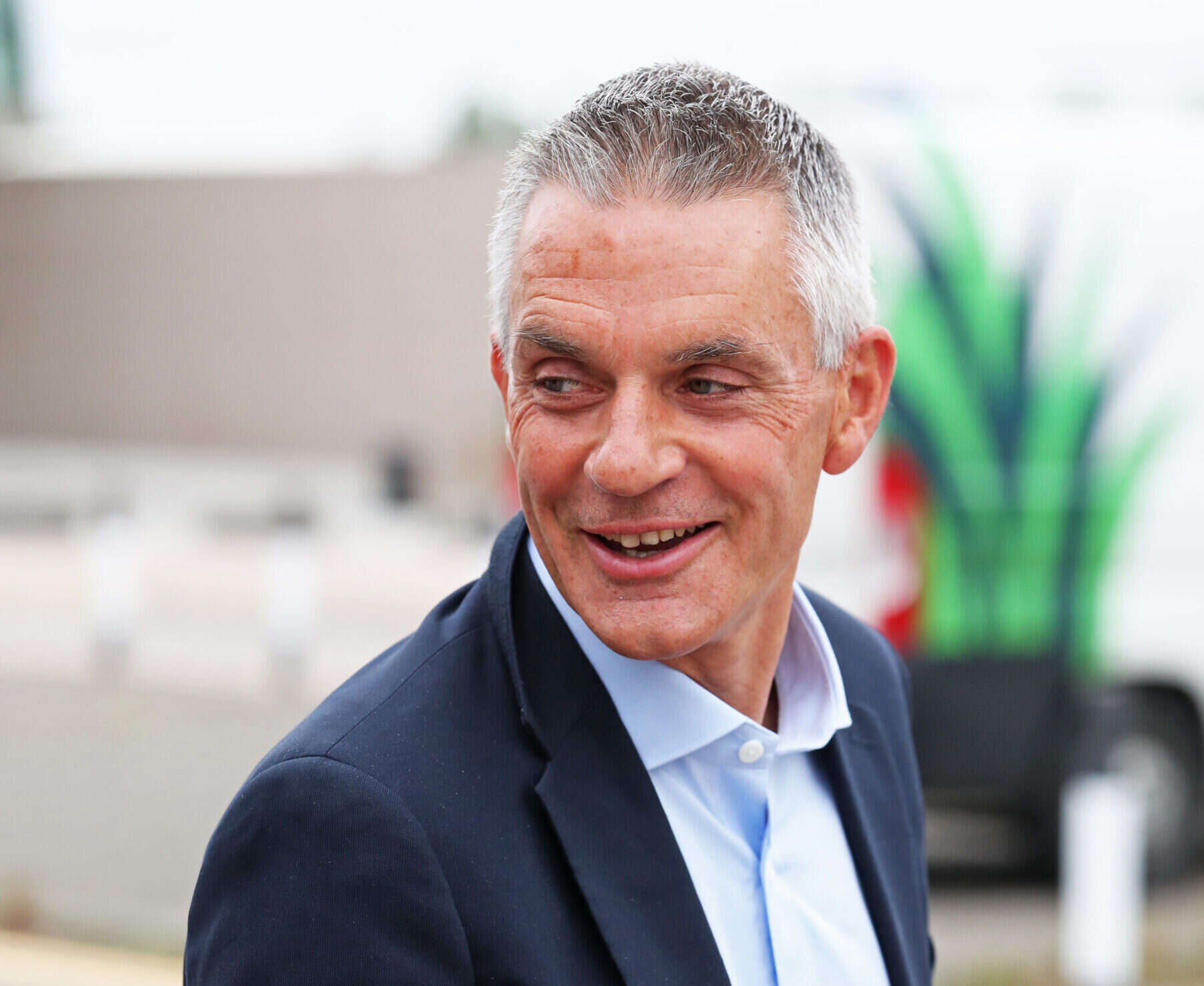
Update 6 October 2021:
Four BBC journalists were formally disciplined over their social media use during Tim Davie’s first year as director-general in which he introduced new guidelines.
Between 1 September 2020 and 31 August 2021 four cases among journalists in the BBC’s public service broadcasting division were formally dealt with and closed under its internal disciplinary policy, according to a Freedom of Information request by Press Gazette.
The BBC did not provide any further information on the four cases, citing the protection of personal data. But it said more incidents were likely dealt with informally by reminding staff of the social media guidelines.
Original story 29 October 2020:
The BBC’s new social media guidelines include a ban on “virtue signalling” and posting any criticism of colleagues.
Staff have also been warned emojis can “undercut an otherwise impartial post” and that liking or following certain accounts can be enough to count as sharing a personal opinion on an issue.
Staff in news and current affairs and other factual journalism, along with all senior leaders across the corporation, will be held to higher impartiality standards regarding their personal posts than other employees.
[Read more: BBC journalists’ social media use ’cause for concern’ says DG as new rules to come into force]
This means they should treat their personal accounts as if they are BBC output complying with its strict editorial standards and should not post anything they couldn’t say on-air on a BBC programme or on its website.
Tim Davie (pictured), who took over as director-general last month, told staff the four overriding expectations are that they must not criticise other BBC staff in public, treat others “with respect and courtesy at all times”, not bring the corporation into “disrepute”, and never express personal opinions on matters of public policy, politics or “controversial subjects”.
In an email, he said: “Trust is the foundation of the BBC’s relationship with the public. How employees of the BBC conduct themselves is vital to maintaining trust.
“The materials published today will help ensure employees uphold and protect the highest standards of BBC impartiality and maintain the trust audiences expect, demand and deserve.”
Staff were told to avoid so-called virtue signalling which the BBC defined as “retweets, likes or joining online campaigns to indicate a personal view, no matter how apparently worthy the cause”.
The BBC’s editorial standards nevertheless allow staff to wear poppies on-screen if they choose between from Saturday 31 October to Wednesday 11 November.
They must avoid being seen to support any campaigns at all, such as by using hashtags, regardless of “how much their message appears to be accepted or uncontroversial”.
And staff should be wary of “revealed bias”, whether through likes or reposting other people’s posts so that a bias becomes evident, and “inferred bias”, where loose wording in an otherwise impartial post can allow readers to infer bias where there is none.
“Following social media accounts which reflect only one point of view on matters of public policy, politics or ‘controversial subjects’ may create a similar impression,” the new guidelines state.
BBC journalists and senior leaders were also warned against:
- Linking to anything they haven’t read in full
- Using emojis to “undercut an otherwise impartial post” whether accidentally or deliberately
- Breaking news on a personal account – “If you have a story to break, the BBC platforms are your priority, even if it takes slightly longer”
- Being “seduced” by the informality of social media – “Your posts about news events and issues require careful thought and editorial discipline”
- Being “drawn into ill-tempered exchanges, or exchanges that will reflect badly on you, or the BBC”.
Disclaimers in a Twitter bio, for example, that say “my views, not the BBC’s” will not offer any defence and should not be used, the guidelines state.
Breach of the social media guidance may lead to disciplinary action and even termination “in serious circumstances”, the BBC said.
News and current affairs staff have been banned from taking part in protests, marches or demonstrations about controversial issues but other BBC employees are allowed to do so as per the updated impartiality guidelines.
Media union Bectu has asked the BBC for an urgent meeting to discuss the intentions behind the guidelines, which it says are causing distress for its members with a “huge amount of confusion and conjecture” ongoing about what they mean in practice.
Head of Bectu Philippa Childs said: “The suggestion that the application of the policy could be left to [a] manager’s discretion has left some of our members fearful that they will no longer be able to attend events that are important to their identity without fear of repercussions at work.
“Whilst Bectu understands and supports the fundamental principle that the BBC should be politically impartial, we believe that any restrictions on staff and freelancers working at the BBC must be proportionate and should not impinge upon their freedom of expression on matters of equality.”
The BBC is also introducing stricter rules around external engagements for news presenters and senior staff, which will mean a “standardised approval process to ensure consistency and a central register of requests in each department”.
From the start of 2021, the BBC will publish a quarterly summary of these engagements for all senior leaders, presenters and on-air staff working in journalism roles.
Picture: Andrew Milligan/PA Wire
Email pged@pressgazette.co.uk to point out mistakes, provide story tips or send in a letter for publication on our "Letters Page" blog
